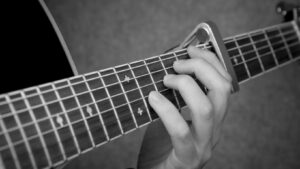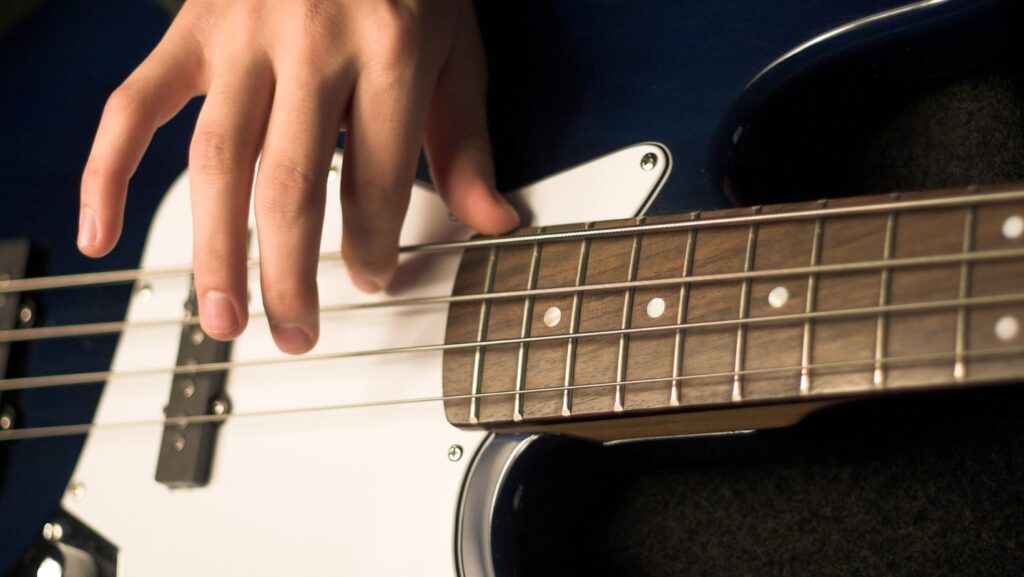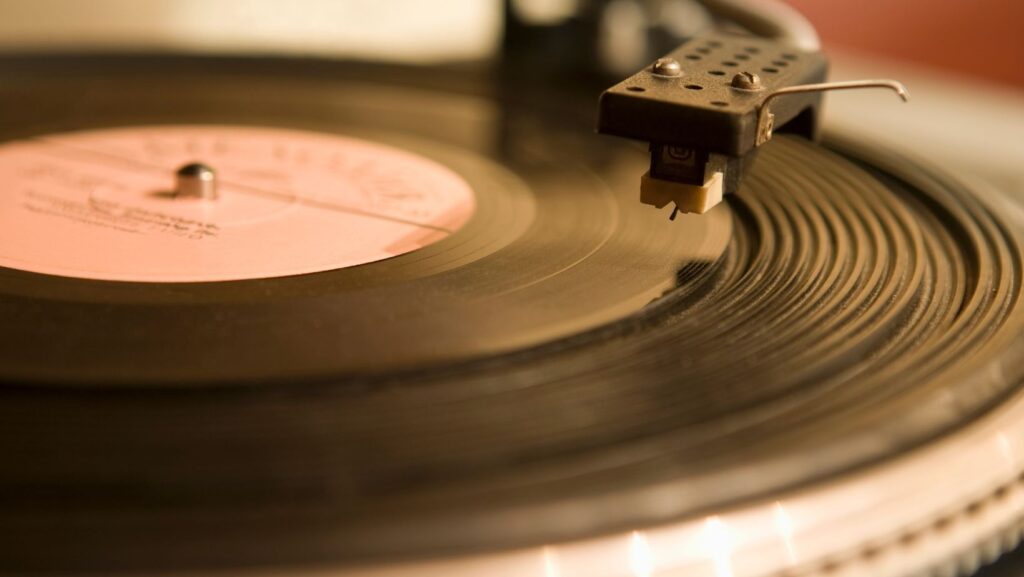Every guitar player, whether a budding novice or a seasoned pro, knows the magic that a well-chosen set of essentials can bring to their craft. These tools and accessories not only enhance the playing experience but also ensure the guitar stays in top shape. From picks and tuners to straps and maintenance kits, the right gear can make all the difference in both practice and performance.
By investing in these key pieces, guitarists can elevate their playing, reduce technical hiccups, and focus on what truly matters: making music. Whether on stage or in a cozy practice nook, having the right essentials on hand is crucial for any musician’s journey.
Guitar Player Essentials
Guitar players find essentials like quality picks indispensable. Thin picks offer flexibility, great for strumming, while thicker ones provide precision for solos. Tuners ensure instruments stay in tune, a critical aspect of sound quality. Digital tuners offer accuracy and convenience, making them popular among musicians.

Straps aid in comfortable playing during long sessions. Adjustable straps accommodate different player heights and styles. Meanwhile, maintenance kits keep guitars in optimal condition. These kits often include cleaning cloths, string winders, and lubricants, preventing wear and tear.
Capos change the pitch, enabling varied playing techniques without retuning. Capos, used by beginners and professionals, offer versatility. Finally, spare strings are vital, especially during performances. Having extra strings minimizes disruptions and keeps the music flowing.
Choosing the Right Guitar
Selecting the right guitar is crucial for any player. The choice between acoustic and electric models often depends on musical style, experience, and personal preference.
Acoustic vs Electric
Acoustic guitars offer a natural sound and don’t require external amplification. They’re ideal for beginners and those who enjoy unplugged, organic tones. Acoustic models are perfect for playing folk, classical, or singer-songwriter genres. Electric guitars, on the other hand, require an amplifier to produce sound. They suit those interested in rock, blues, and metal.

Budget Considerations
Budget influences the selection process significantly. Entry-level guitars can range from $100 to $500, with decent quality suitable for beginners. Players with a higher budget might consider guitars costing $500 to $1,500, which often provide better craftsmanship and sound quality.
Essential Accessories
Certain accessories are indispensable for any guitarist, enhancing both playing experience and instrument maintenance.
Picks and Straps
Picks come in various thicknesses, each suited for different playing styles. Thin picks are perfect for strumming chords, offering flexibility and ease. Thick picks provide precision and control, making them ideal for solos and intricate picking. Straps offer comfort during prolonged sessions. Adjustable straps cater to different heights and styles, ensuring the guitar sits comfortably and securely during performances.
Capos and Tuners

Capos are key in shifting pitch without altering tuning, allowing access to different key signatures effortlessly. They’re especially useful for transposing songs to suit vocal ranges or experimenting with alternate fingerings. Tuners maintain sound quality, with digital models offering precision and ease of use.
Amplifiers and Cables
Amplifiers are essential for electric guitar players or those needing amplified sound for acoustic-electric setups. They enhance sound projection and offer various tonal settings, allowing for experimentation across genres. Quality cables connect guitars to amplifiers with minimal signal loss, ensuring clear audio transmission.
Must-Have Skills for Guitarists
Guitarists gain a foundation by mastering essential skills. These include understanding chords, honing rhythm, and refining listening abilities.
Basic Chords and Scales
Grasping basic chords and scales forms the backbone of guitar technique. Major and minor chords are essential for playing a wide range of music. Additionally, familiarizing themselves with pentatonic and major scales allows players to build solos and improve overall musicality.
Rhythm and Timing
Solid rhythm and timing enhance playing precision, supporting ensemble performances. Guitarists develop these skills through structured practice with metronomes or backing tracks. This focus improves their ability to maintain steady tempos and transitions during performances.
Ear Training
Ear training enables guitarists to identify harmony, melody, and rhythm by listening. This skill aids in quick adaptation to new pieces and fosters improvisation. Regular listening exercises with intervals and chord progressions enhance musical intuition and versatility.
With the right combination of equipment, practice techniques, and learning resources, guitarists can unlock their full potential and enjoy a fulfilling musical experience. Whether they’re strumming at home or performing on stage, these essentials serve as the backbone of their artistic expression.



